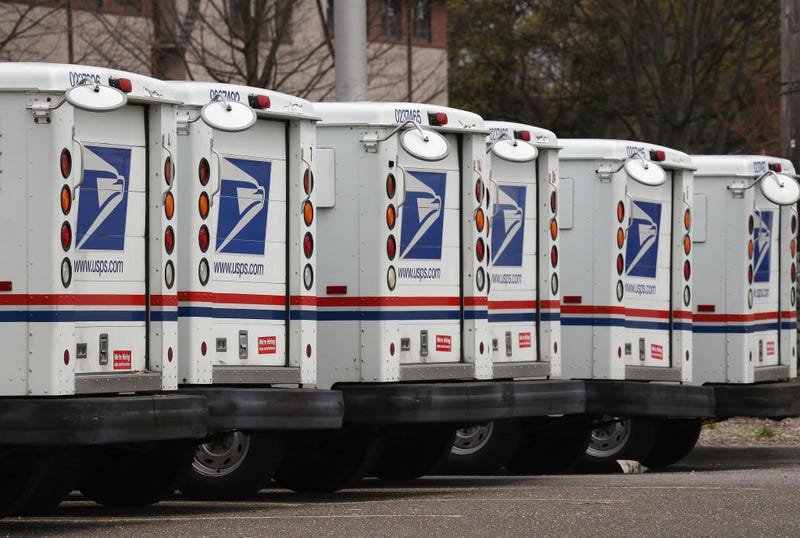
Legislation passed in the U.S. House of Representatives Tuesday should allow the United States Postal Service to save nearly $50 billion over the next decade.
Now the Postal Service Reform Act of 2022 is headed to the Senate, where it has the support of Majority Leader Chuck Schumer (D-NY).
“With an overwhelmingly bipartisan vote in the House, it is my intention for the Senate to take up and pass this bipartisan, bicameral postal reform bill before the end of this work period,” he said in a statement, according to CNN.
Benjamin Franklin was appointed as the nation’s first Postmaster General when the service was created in 1775. For more than 200 years, the USPS has delivered mail to all homes in the country, including delivery by mule to the Havasupai community in the Grand Canyon.

Although the USPS is a government agency, it does not receive taxpayer funding, CNN explained. Instead, it relies on revenue from stamps and package deliveries with prices determined by Congress.
This model has made it difficult for the USPS to modernize, according to Postmaster General Louis DeJoy. One modernization the service is eyeing is the replacement of its vehicles with electric trucks.
Changing mandates could help USPS finances. In the Postal Service Reform Act, a mandate forcing the service to cover its health care costs years in advance was dropped. If the bill becomes law, retired postal employees would be required to enroll in Medicare when eligible, saving the service $50 billion over the next 10 years, according to the House Oversight Committee.
“The bill requires the Office of Personnel Management to establish the Postal Service Health Benefits Program for USPS employees and retirees and provides for coordinated enrollment of retirees under this program and Medicare,” said a summary of the legislation. “The bill repeals the requirement that the USPS annually prepay future retirement health benefits.”
Apart from this change, the bill allows the USPS to “establish a program to enter into agreements with an agency of any state government, local government, or tribal government, and with other government agencies, to provide certain nonpostal products and services that reasonably contribute to the costs of the USPS and meet other specified criteria.”
Per the legislation, the USPS must develop and maintain a publicly available dashboard to track service performance and must report regularly on its operations and financial condition. The Postal Regulatory Commission would also annually submit to the USPS a budget of its expenses and conduct a study to identify the causes and effects of postal inefficiencies relating to large envelopes.
Tuesday’s bipartisan vote “brings us one step closer to finally putting the Postal Service on a sound financial footing so it can continue serving all Americans for years to come,” said New York Rep. Carolyn Maloney, House Oversight chairwoman and sponsor of the House legislation.
Republican Rep. James Comer of Kentucky, said the bill “bolsters operational efficiencies, helps cement Postmaster General DeJoy's reform plan, provides key oversight tools to enhance transparency, and ensures the six-day delivery of mail and packages for all Americans.”


